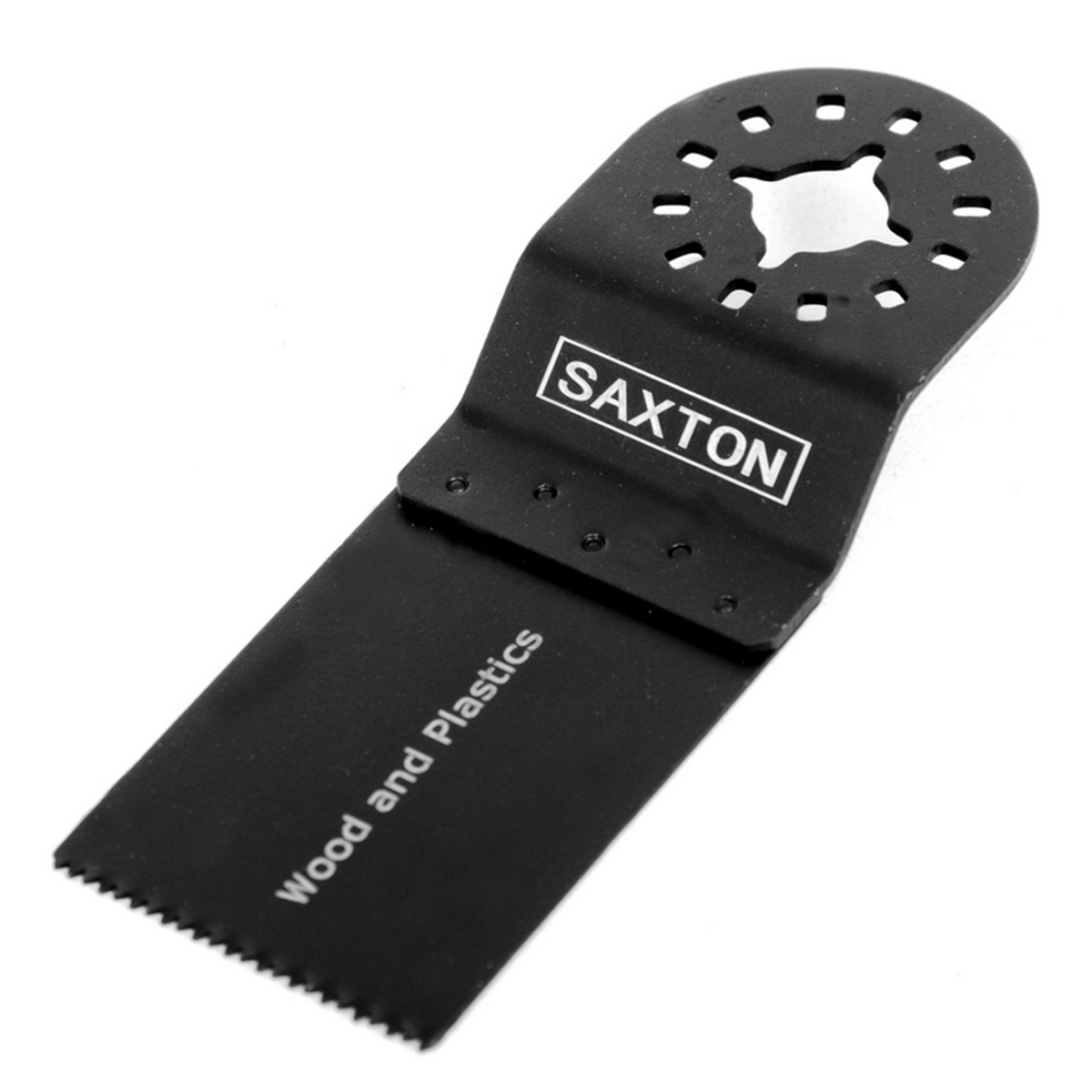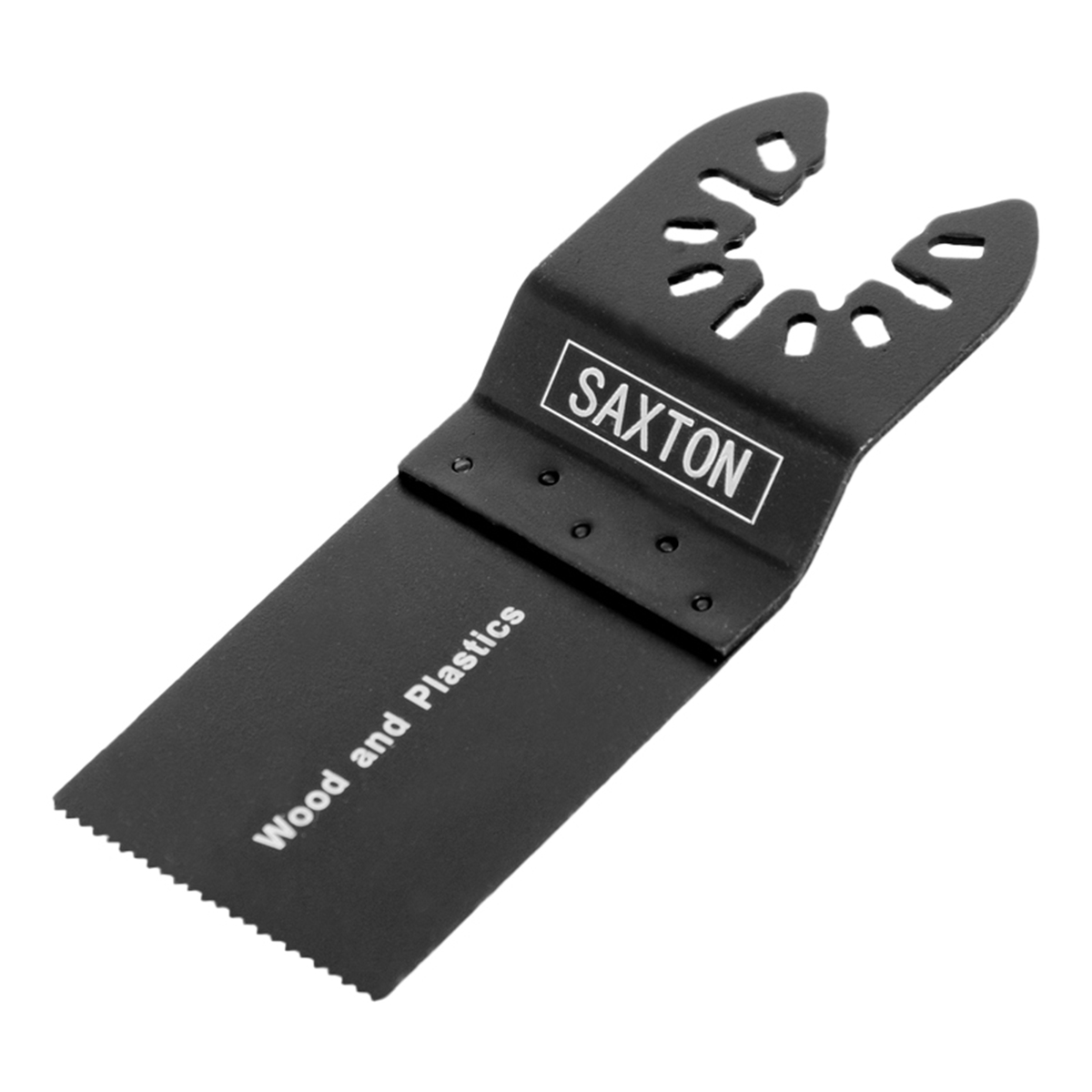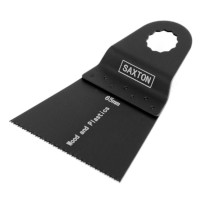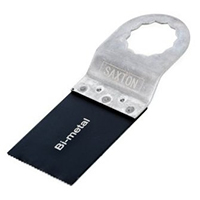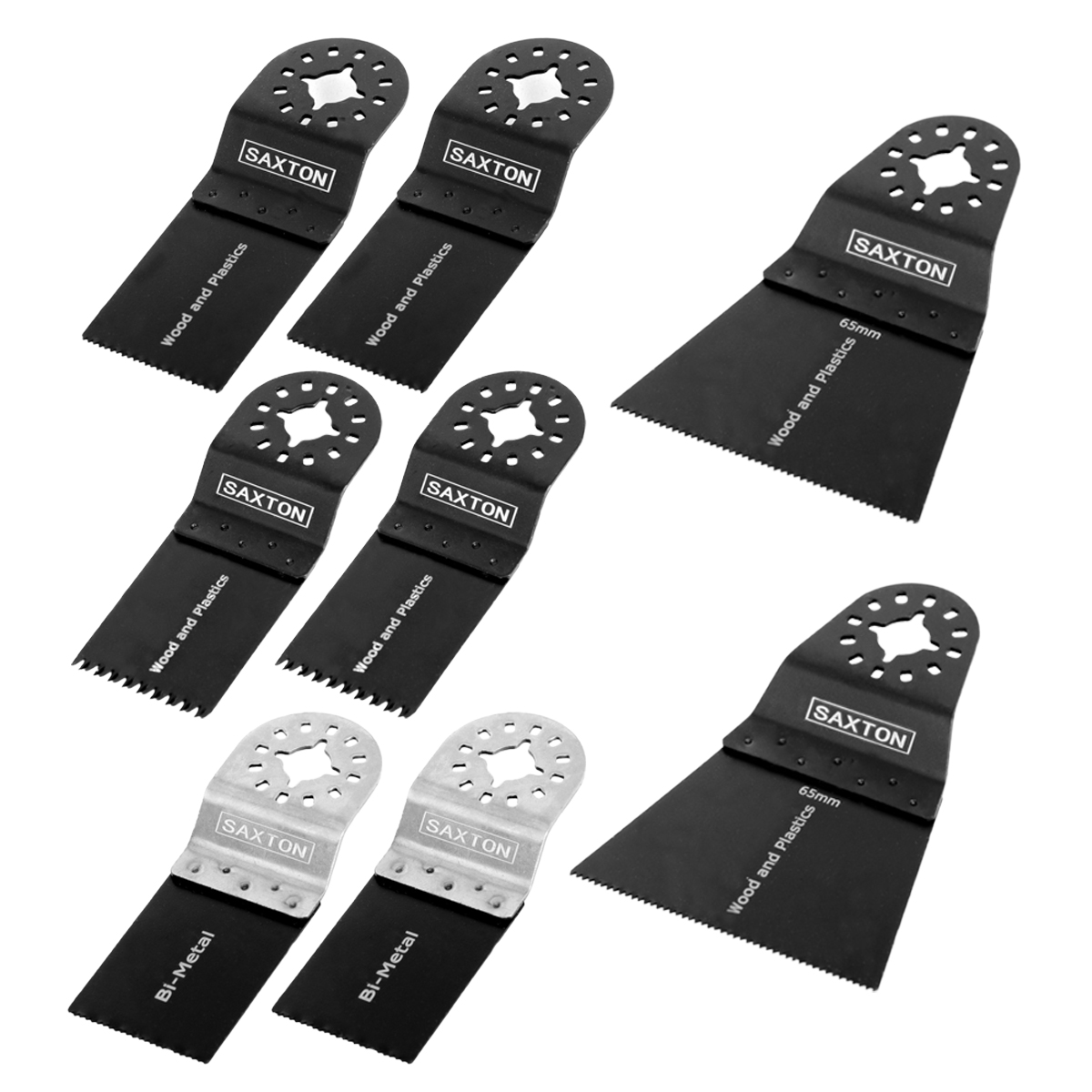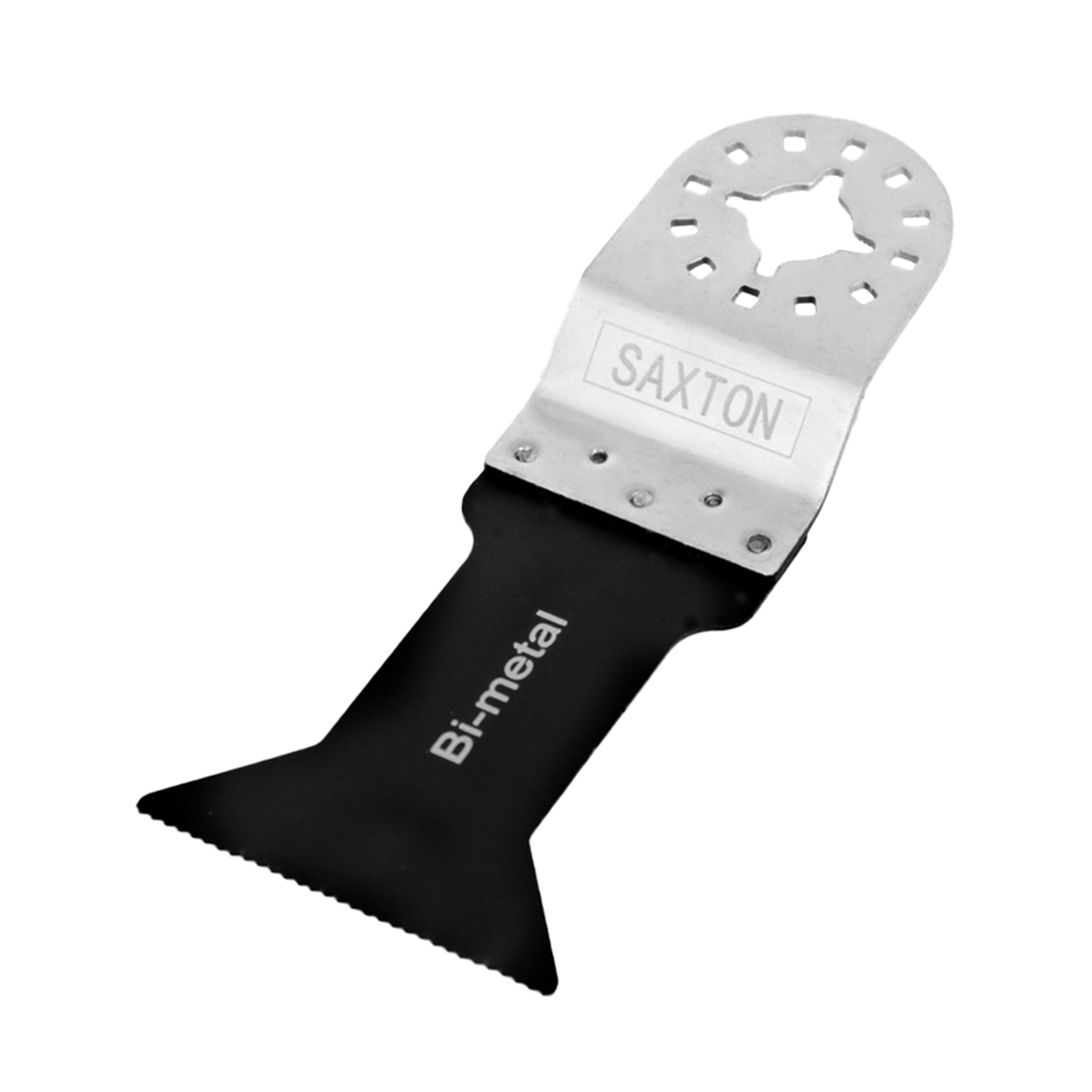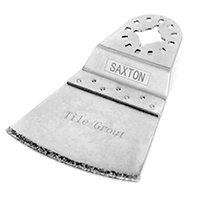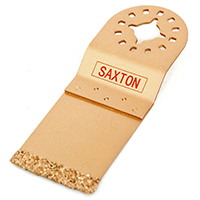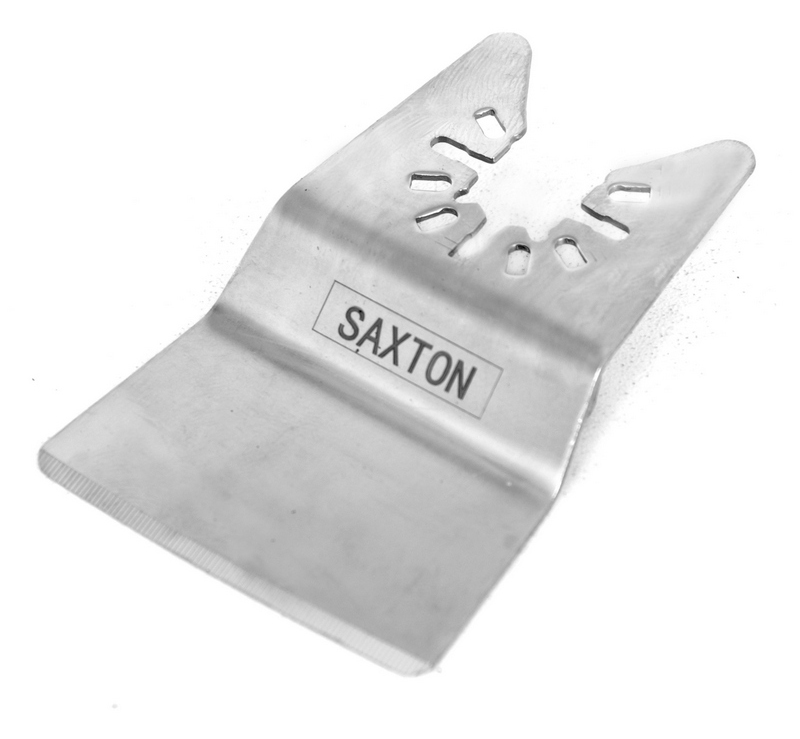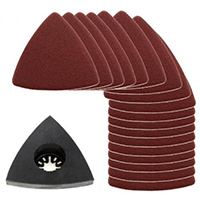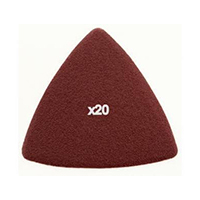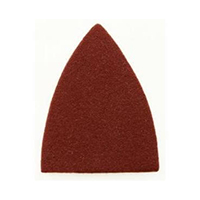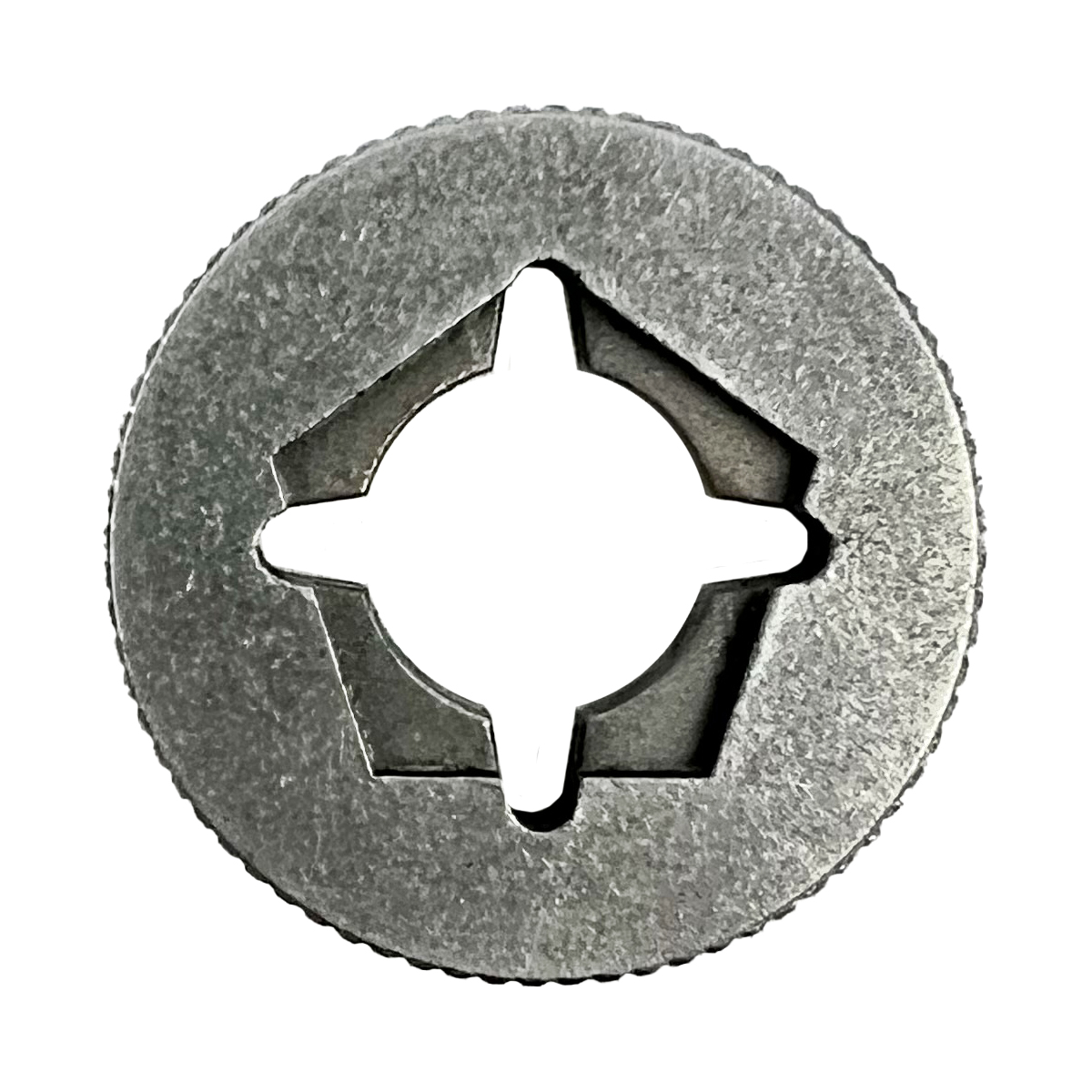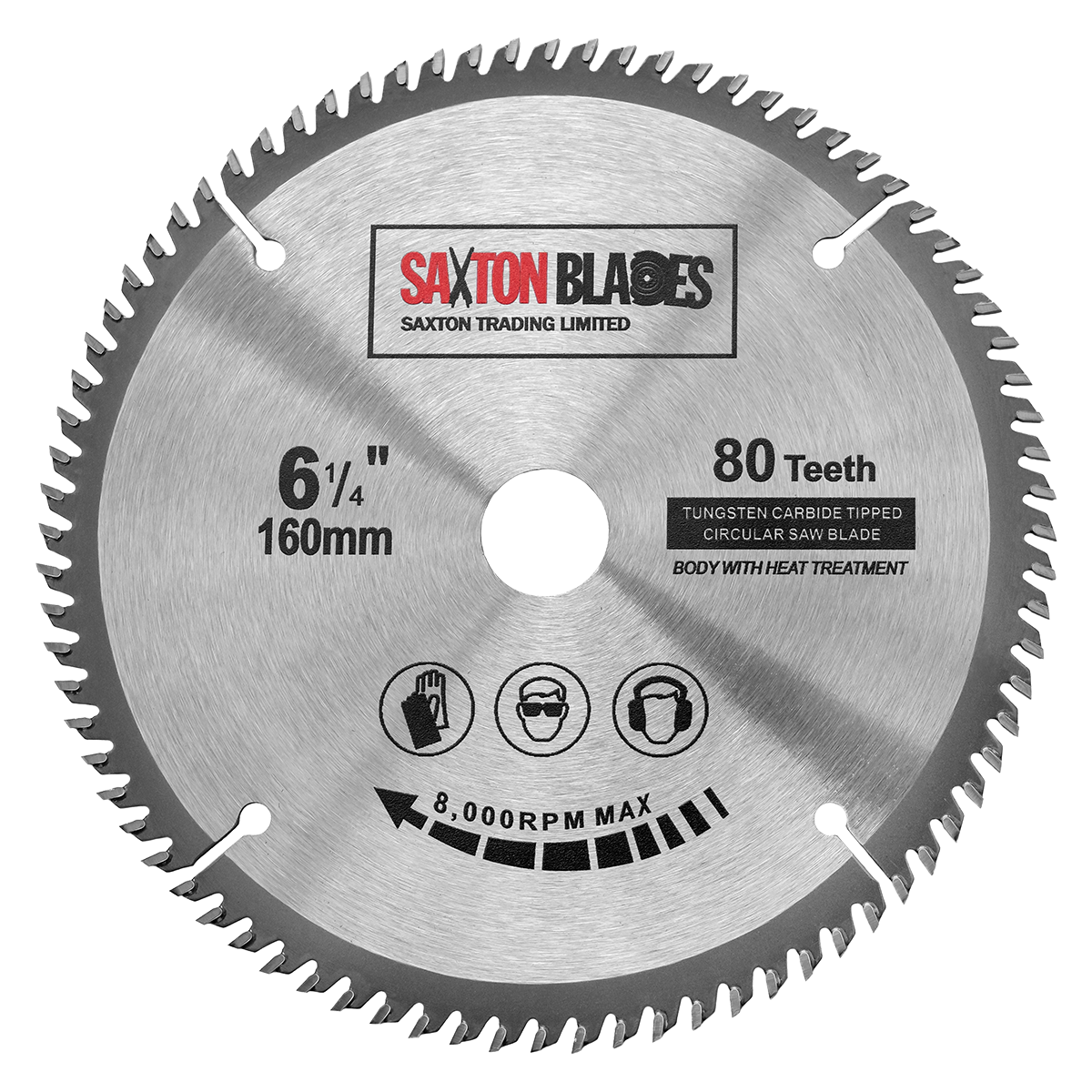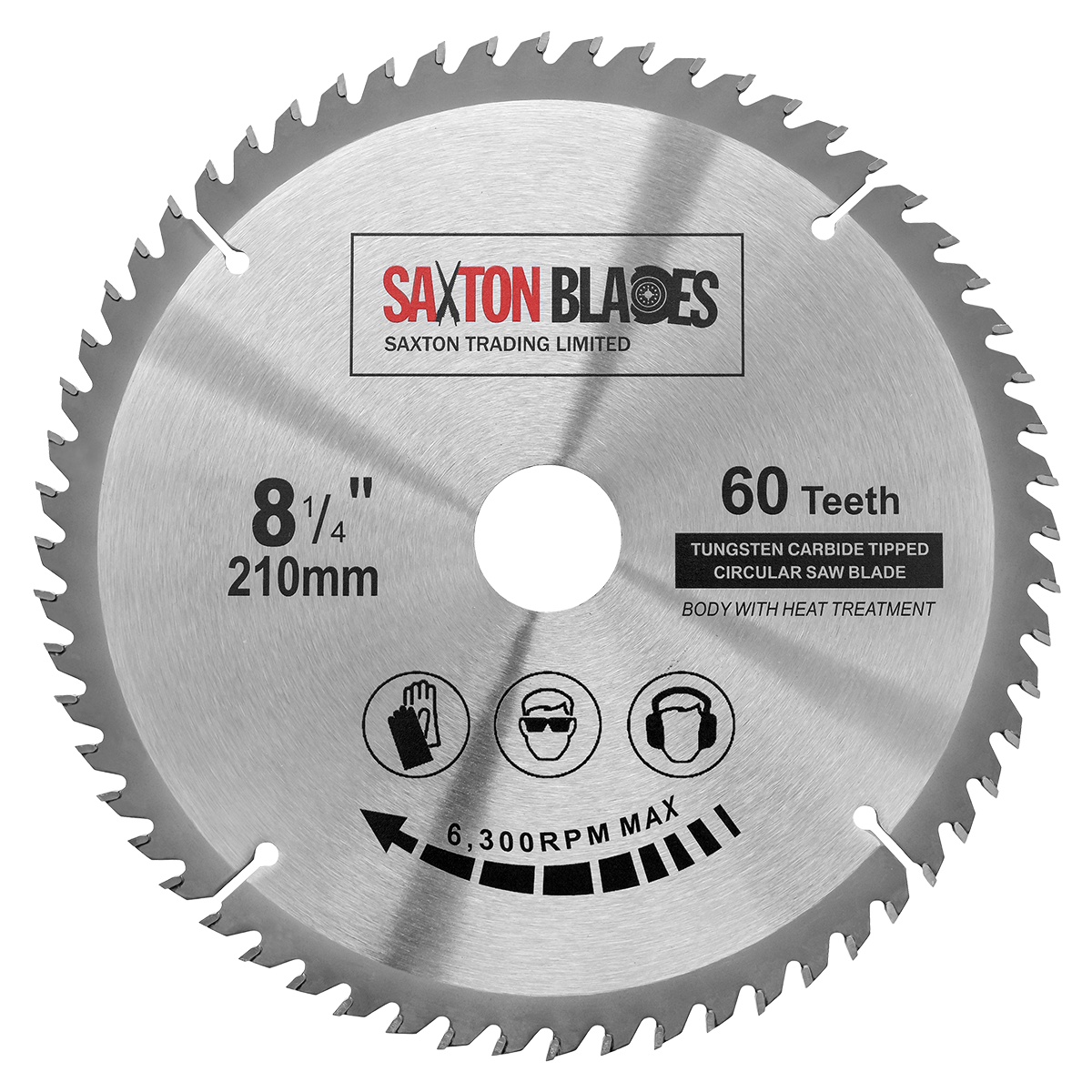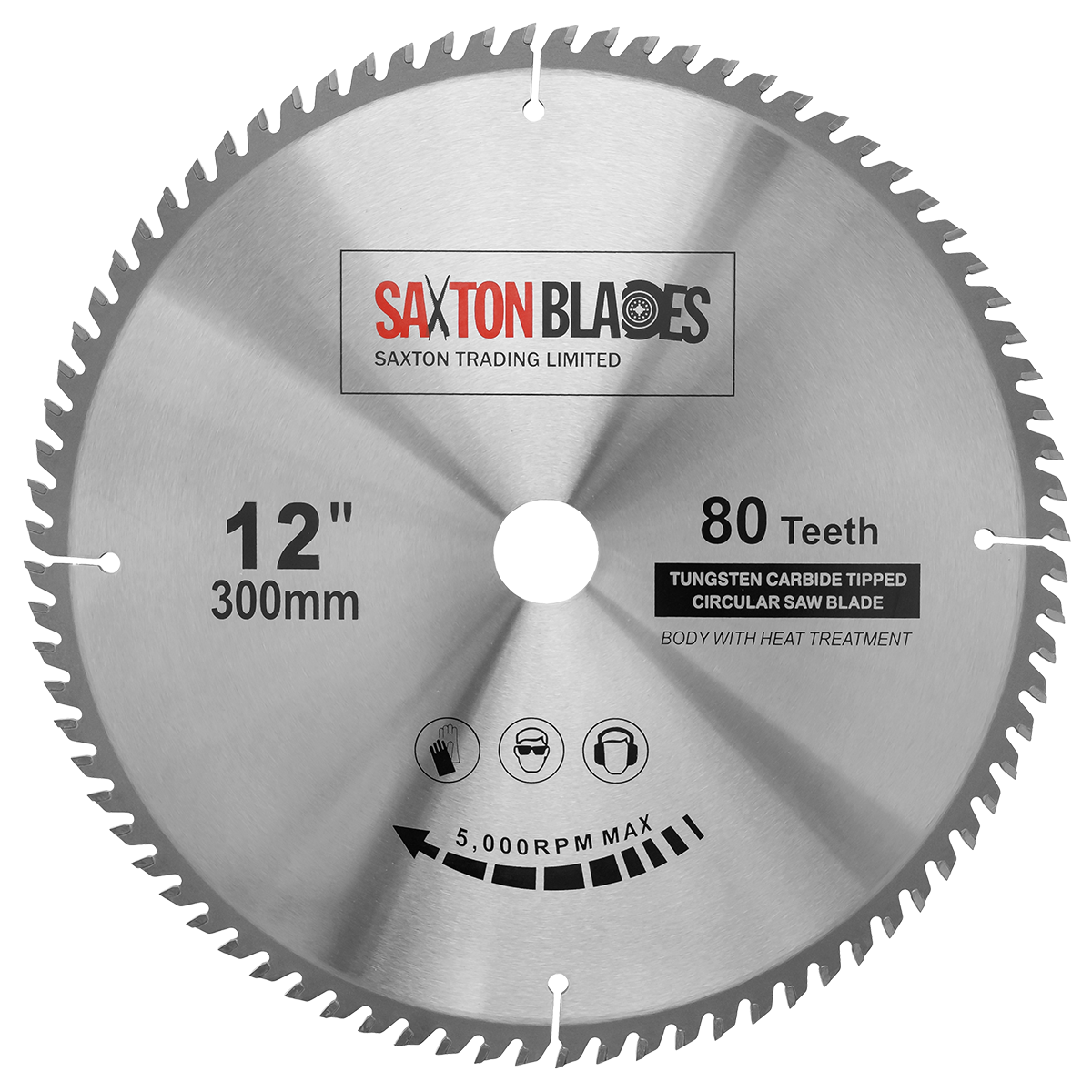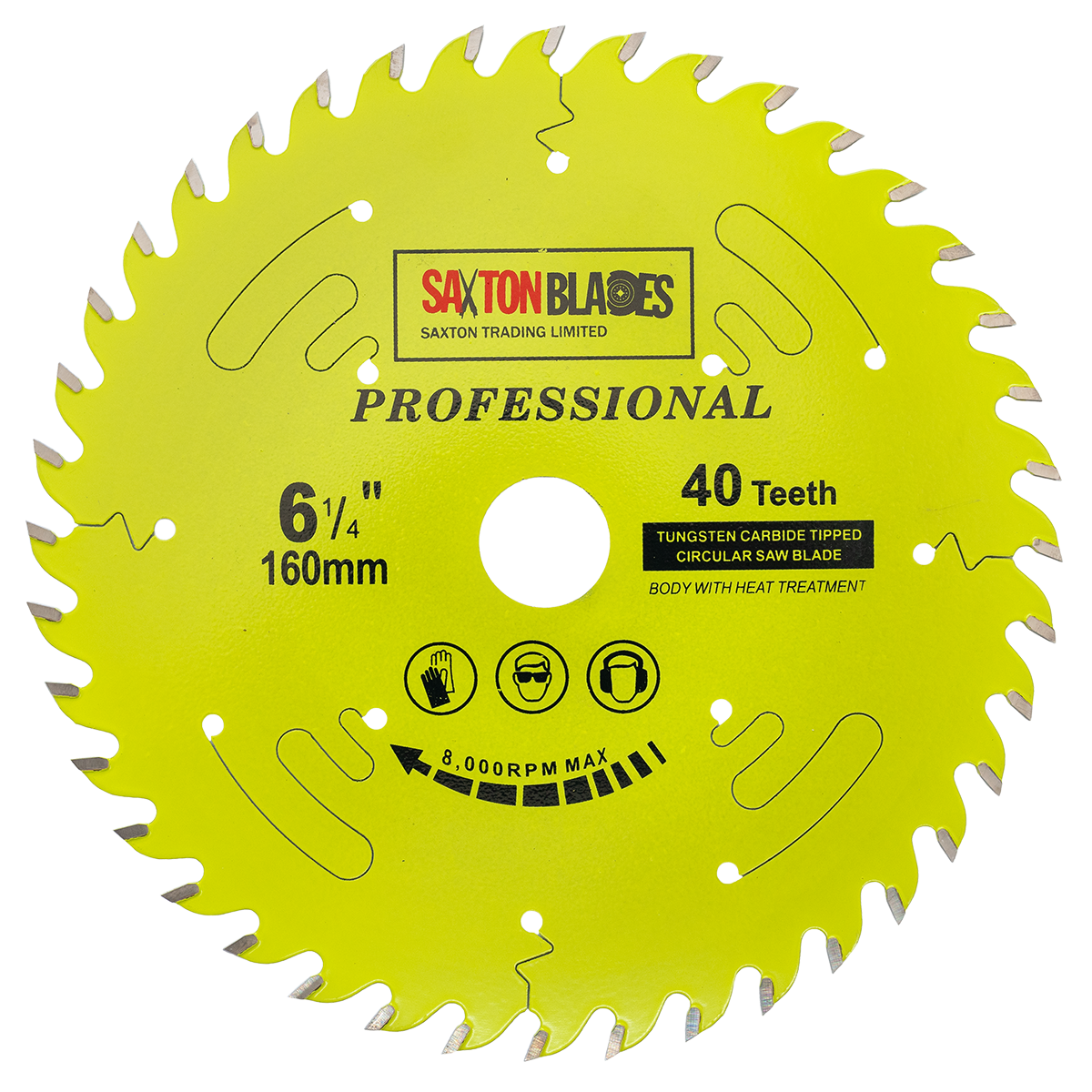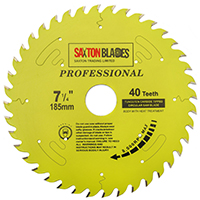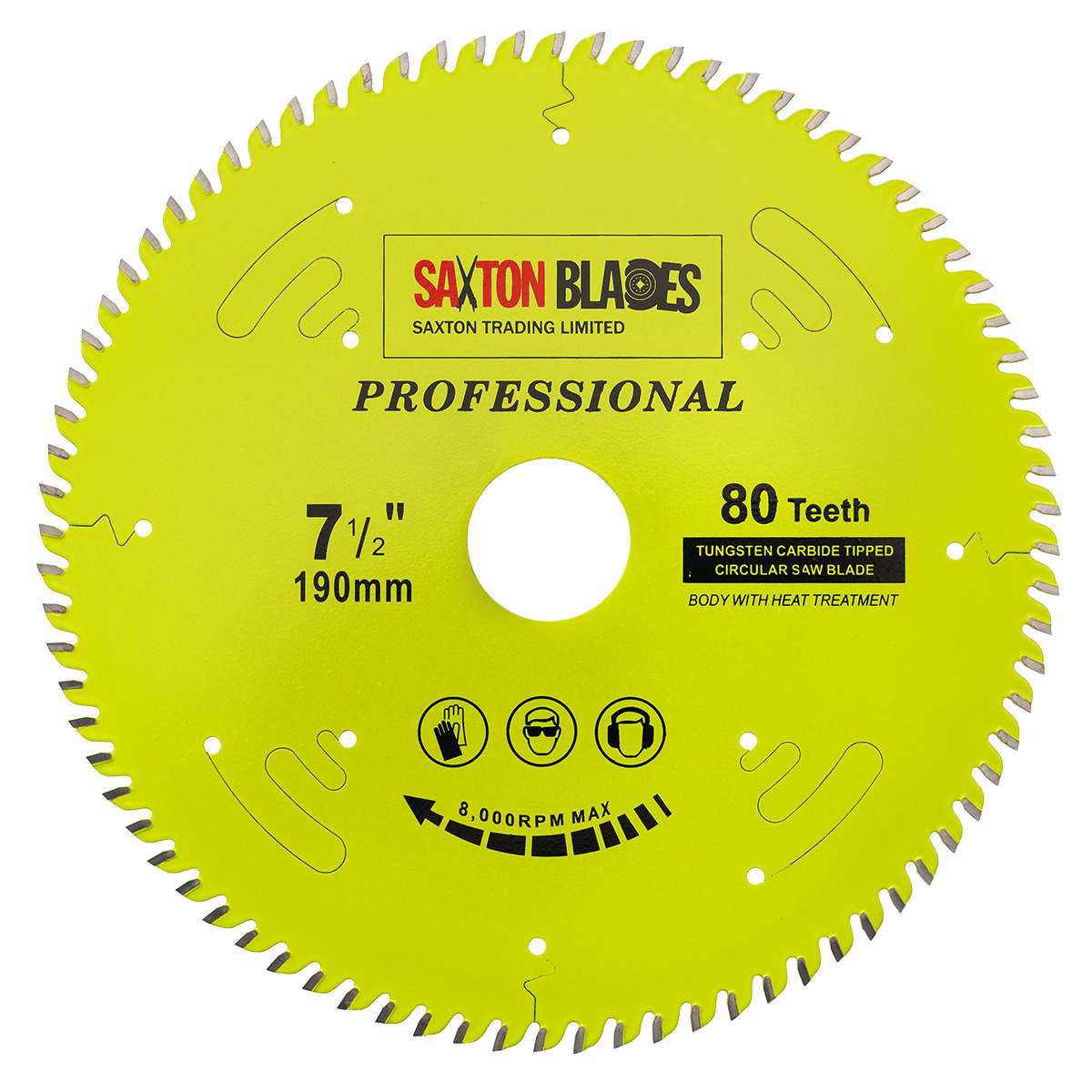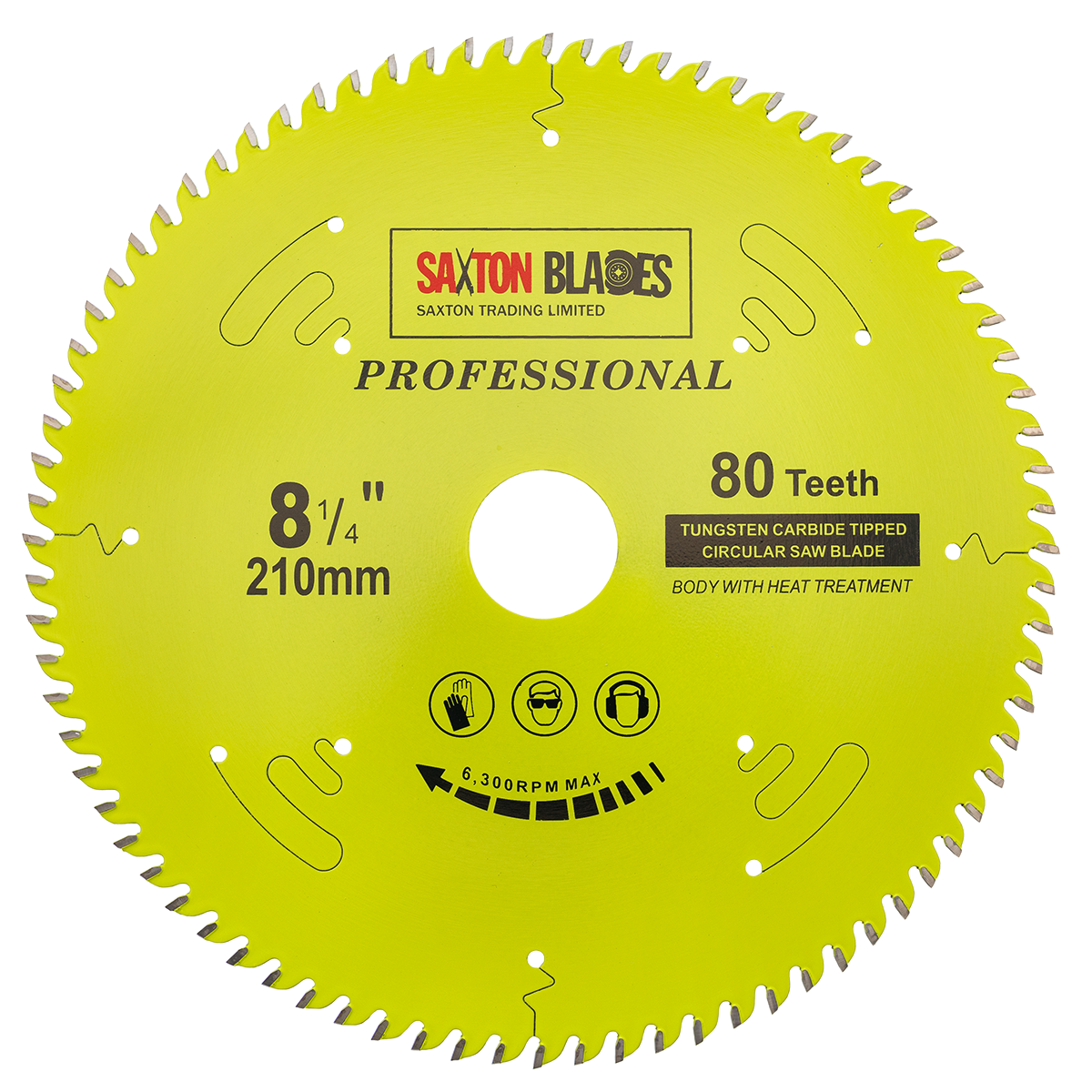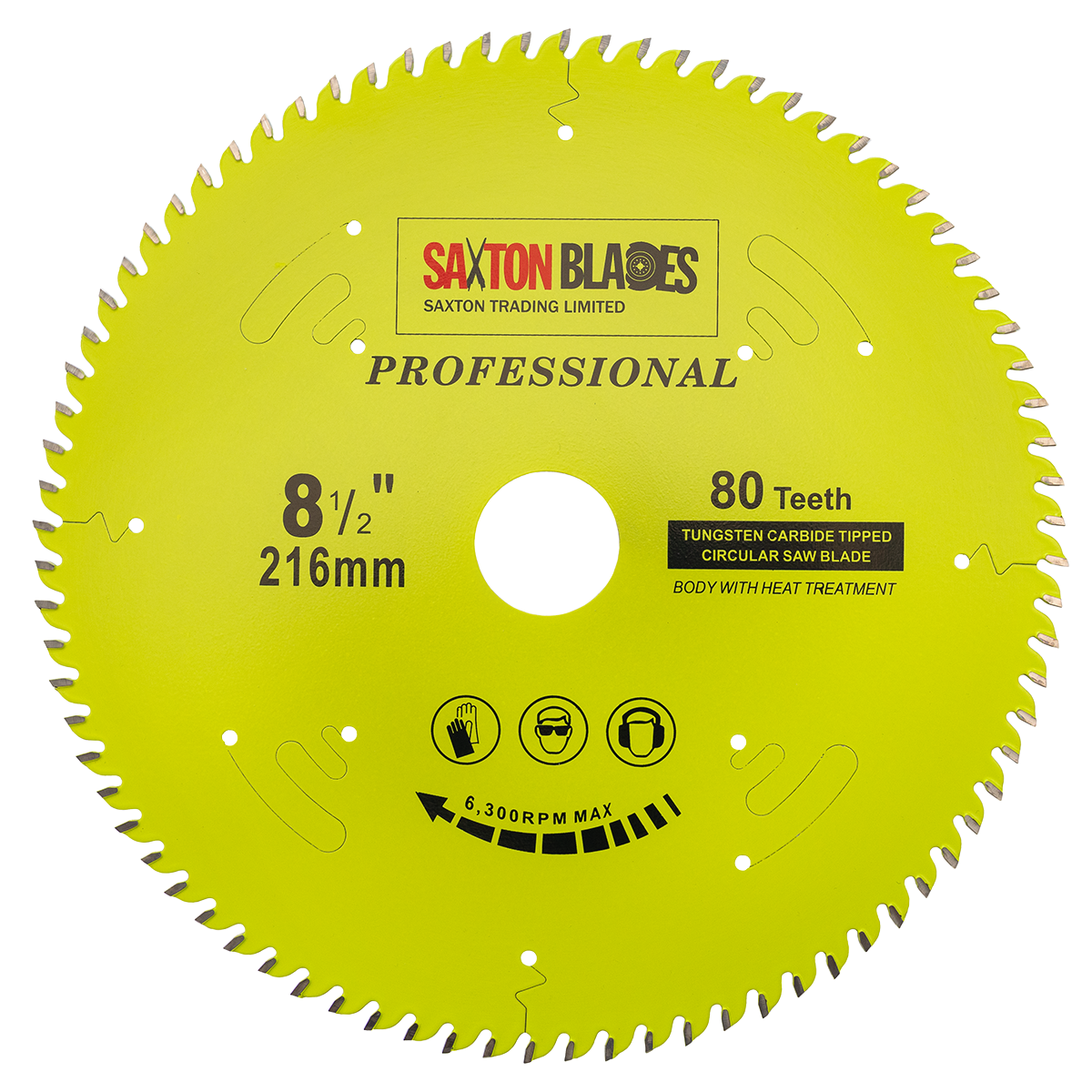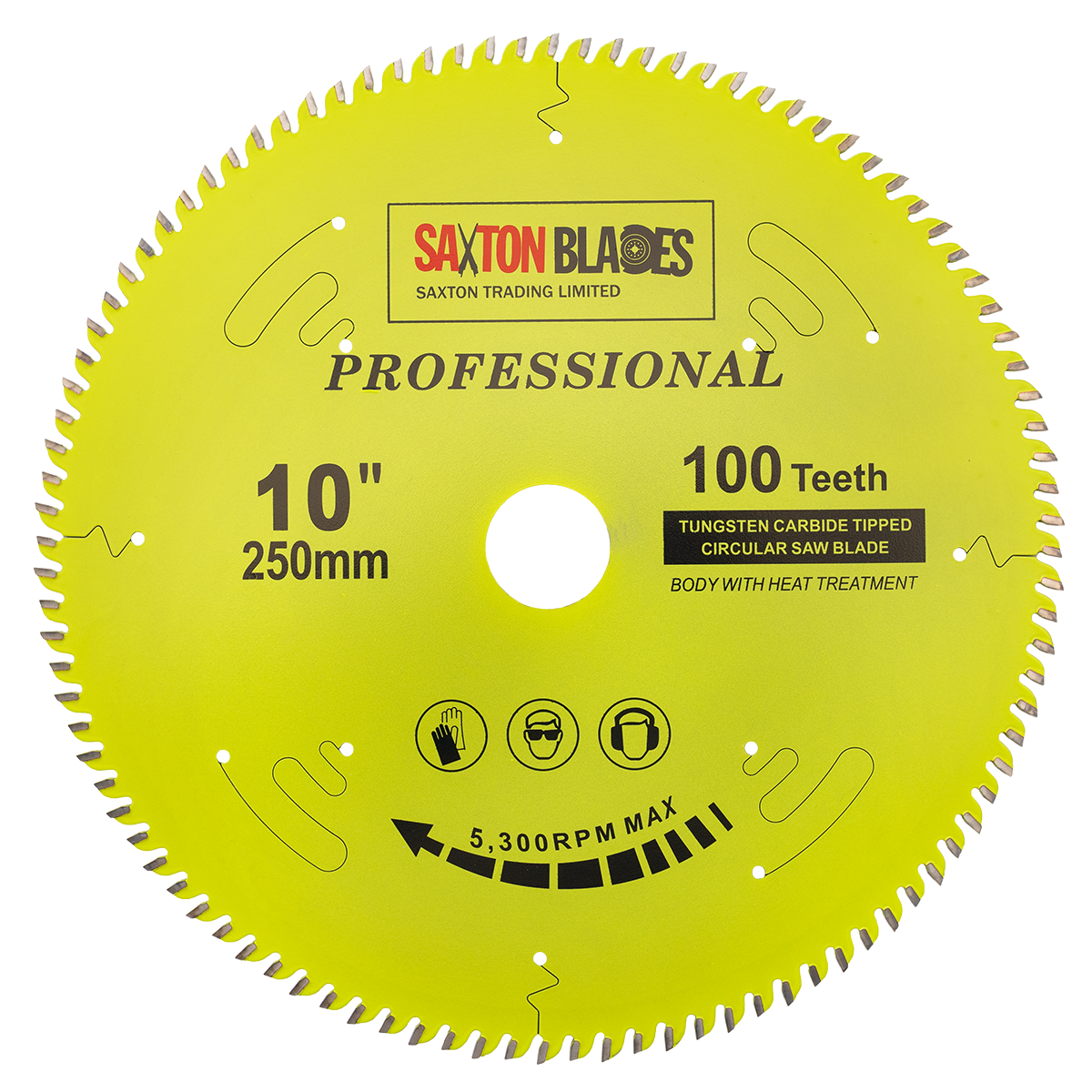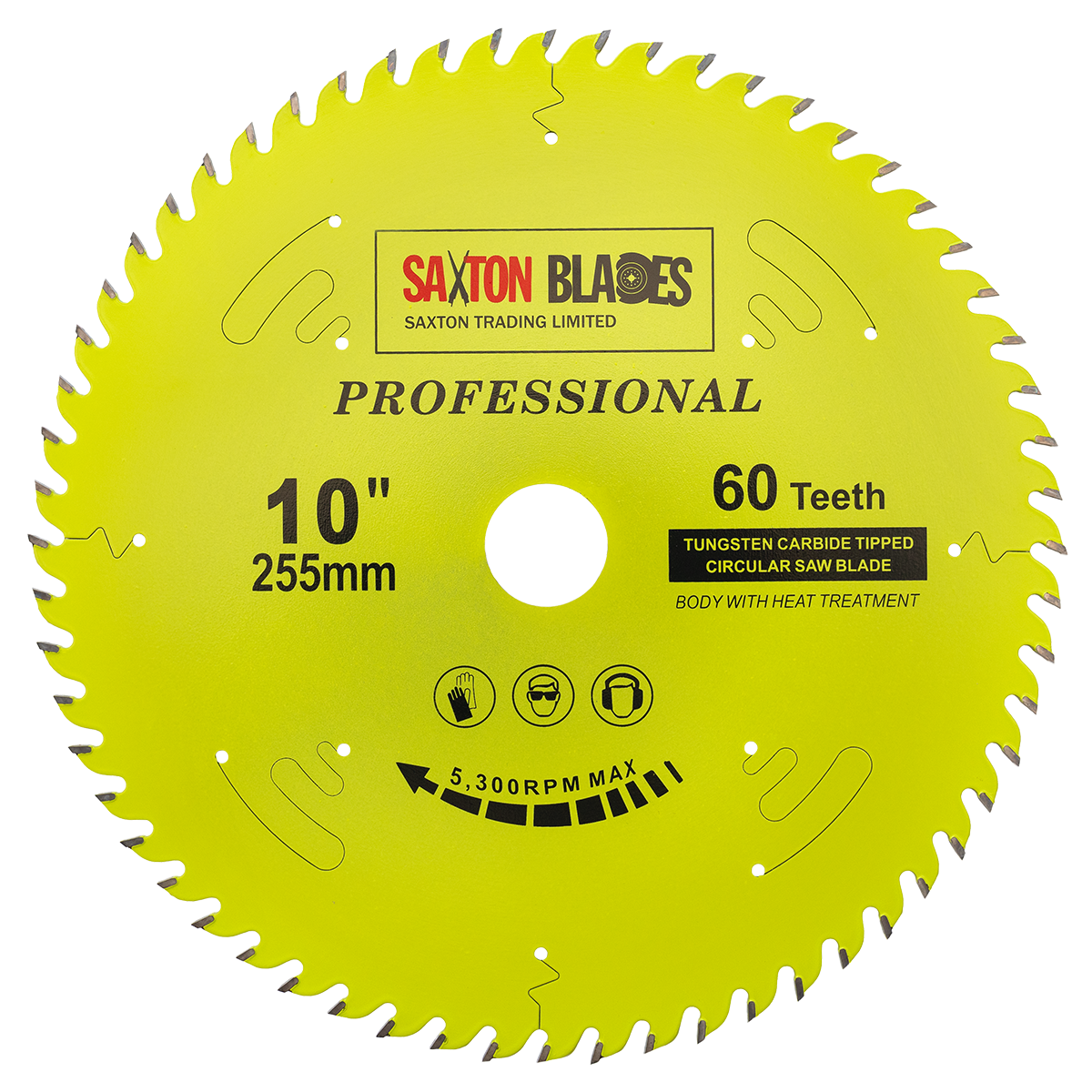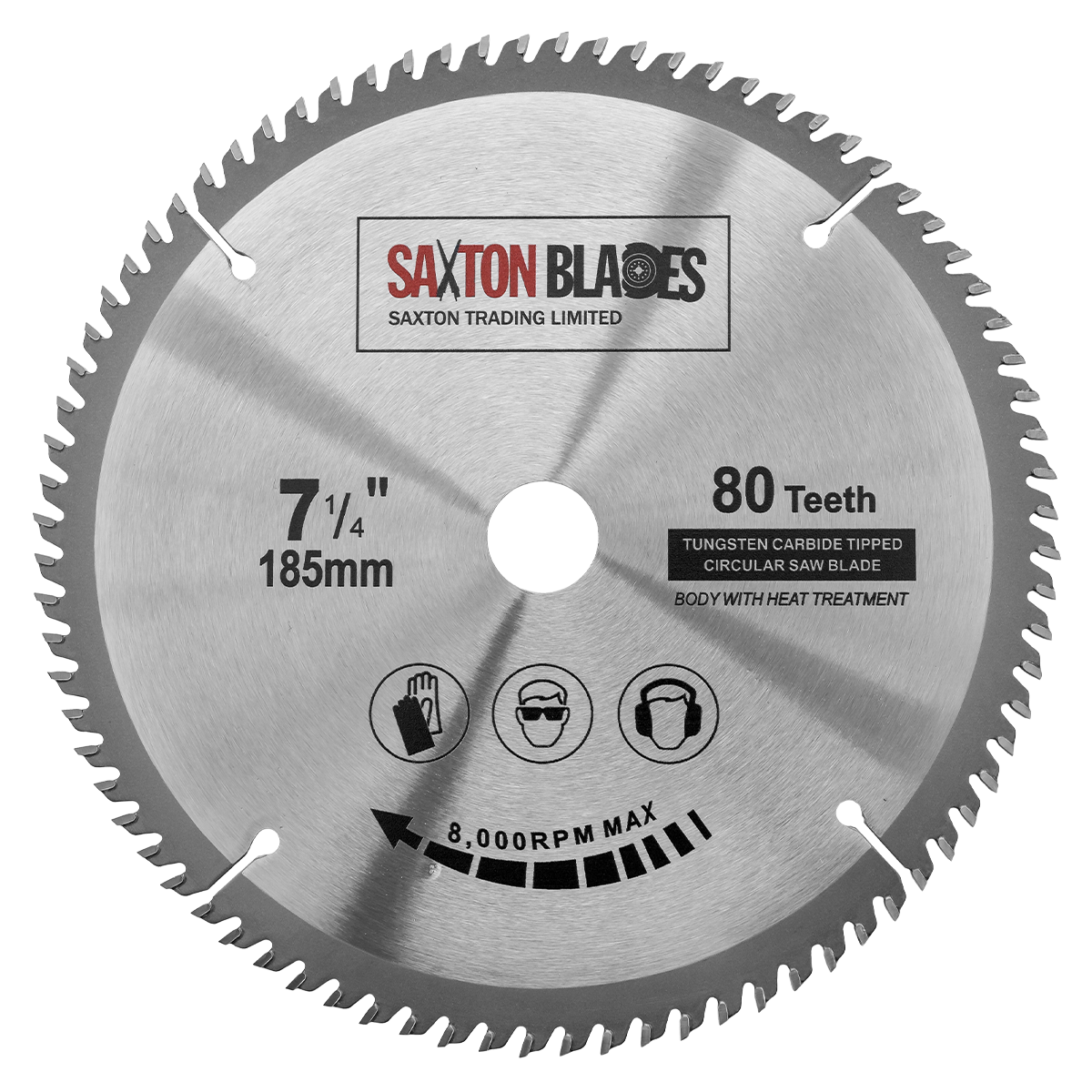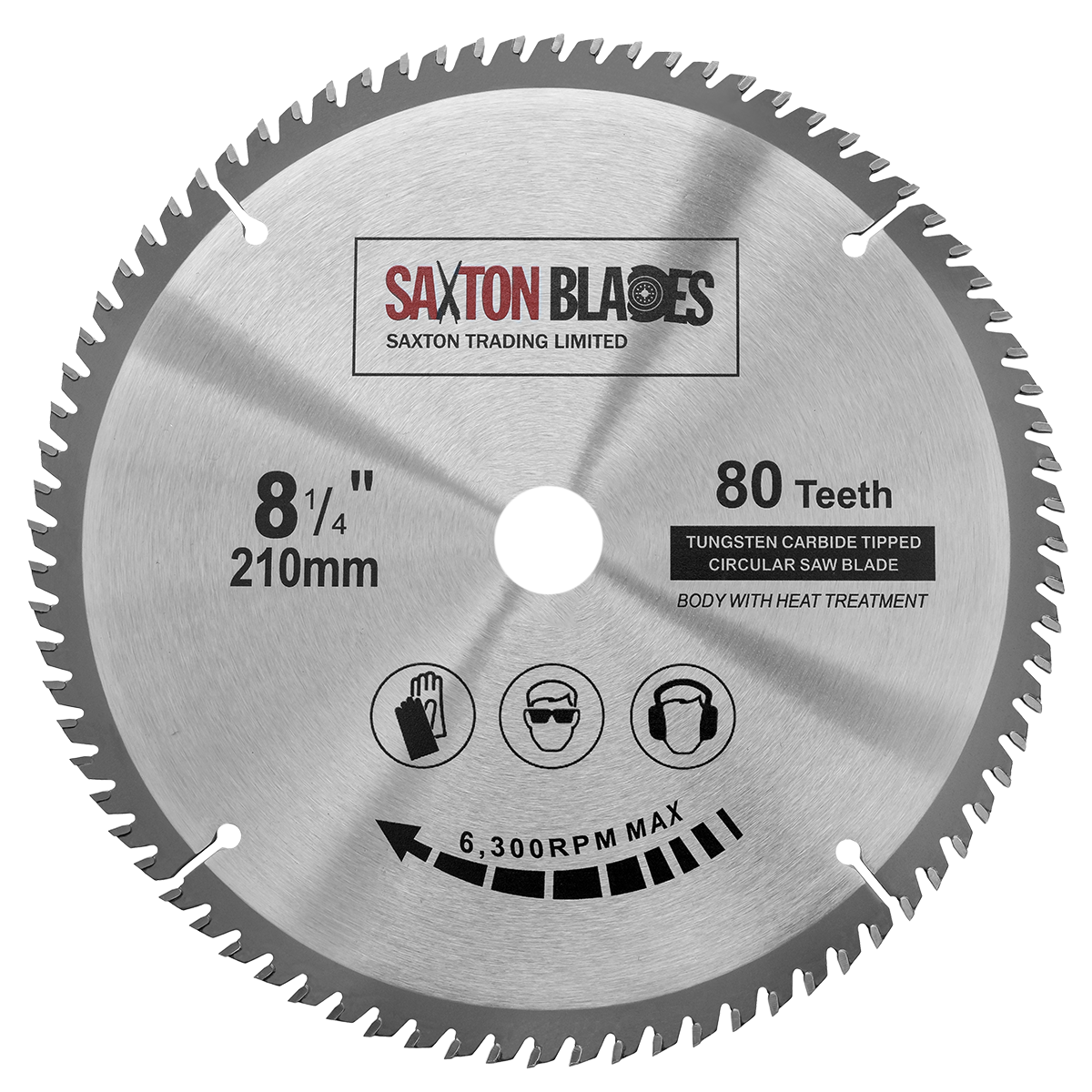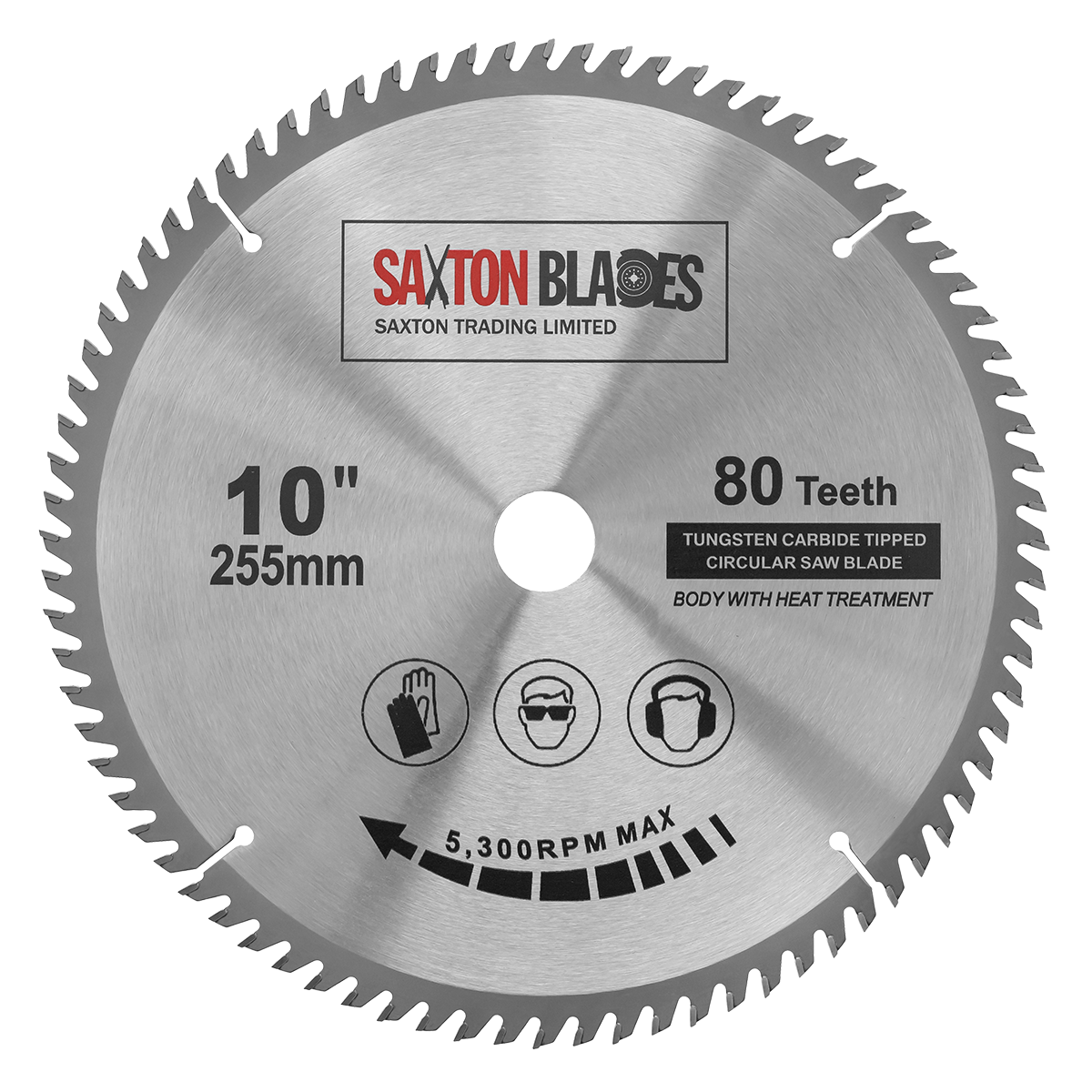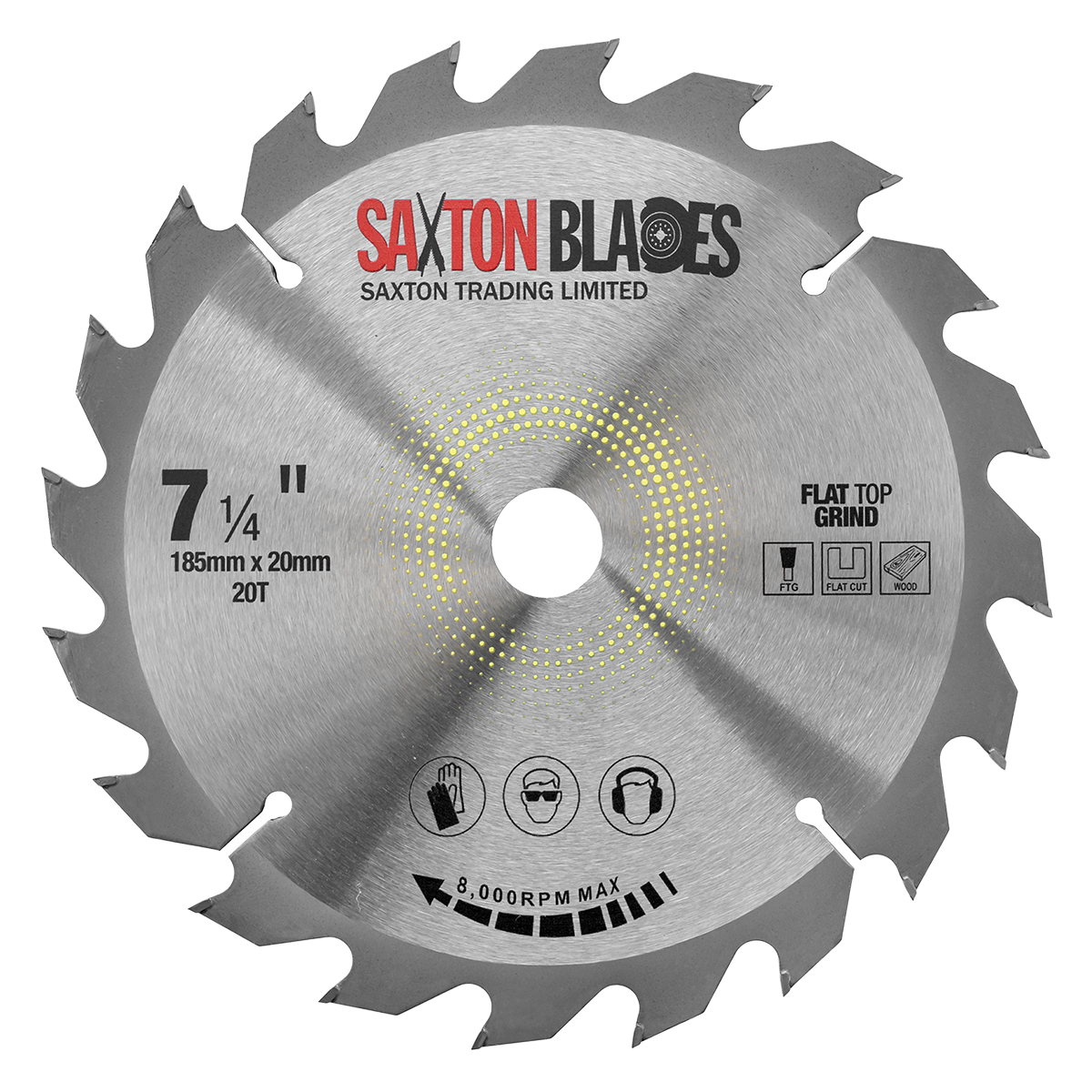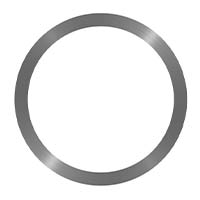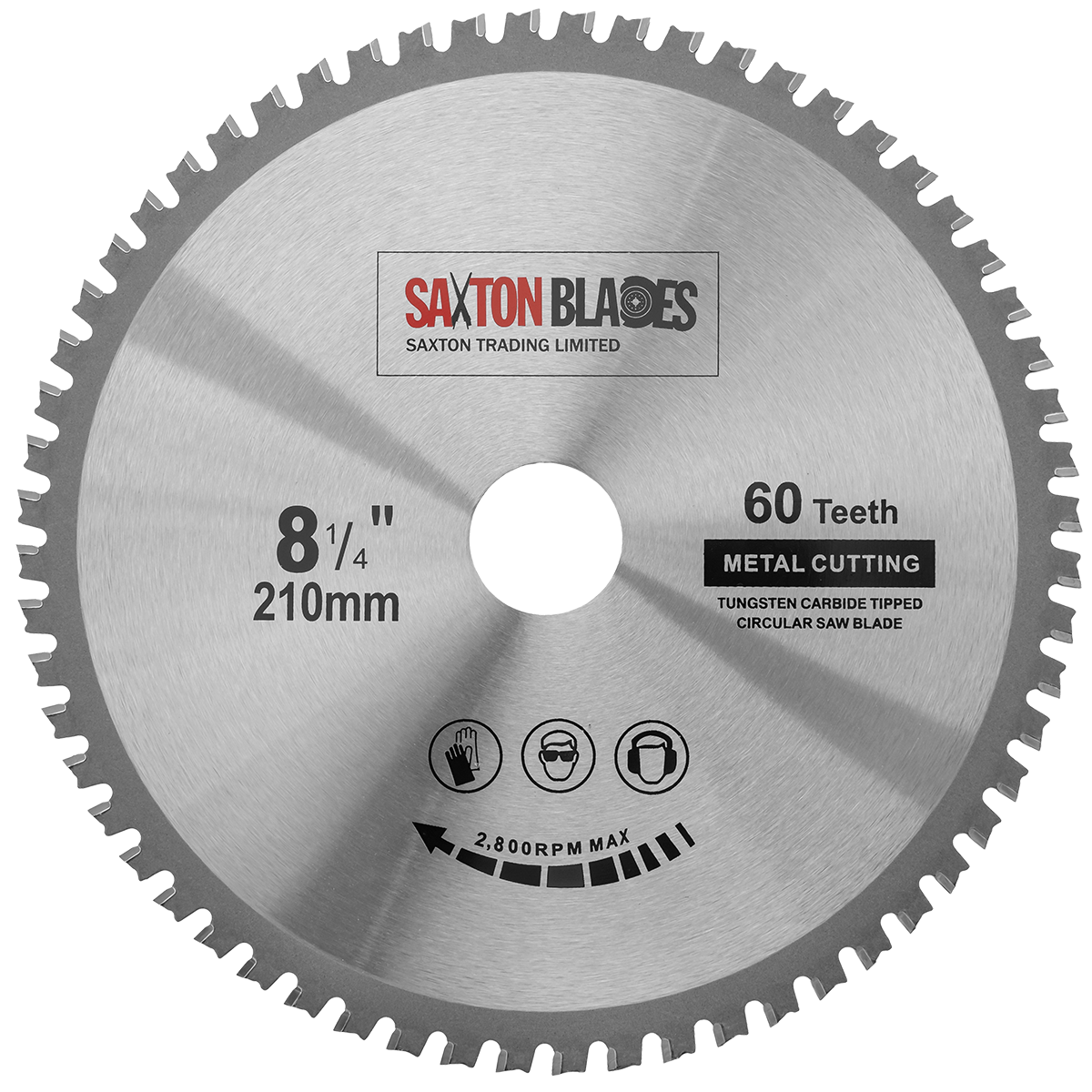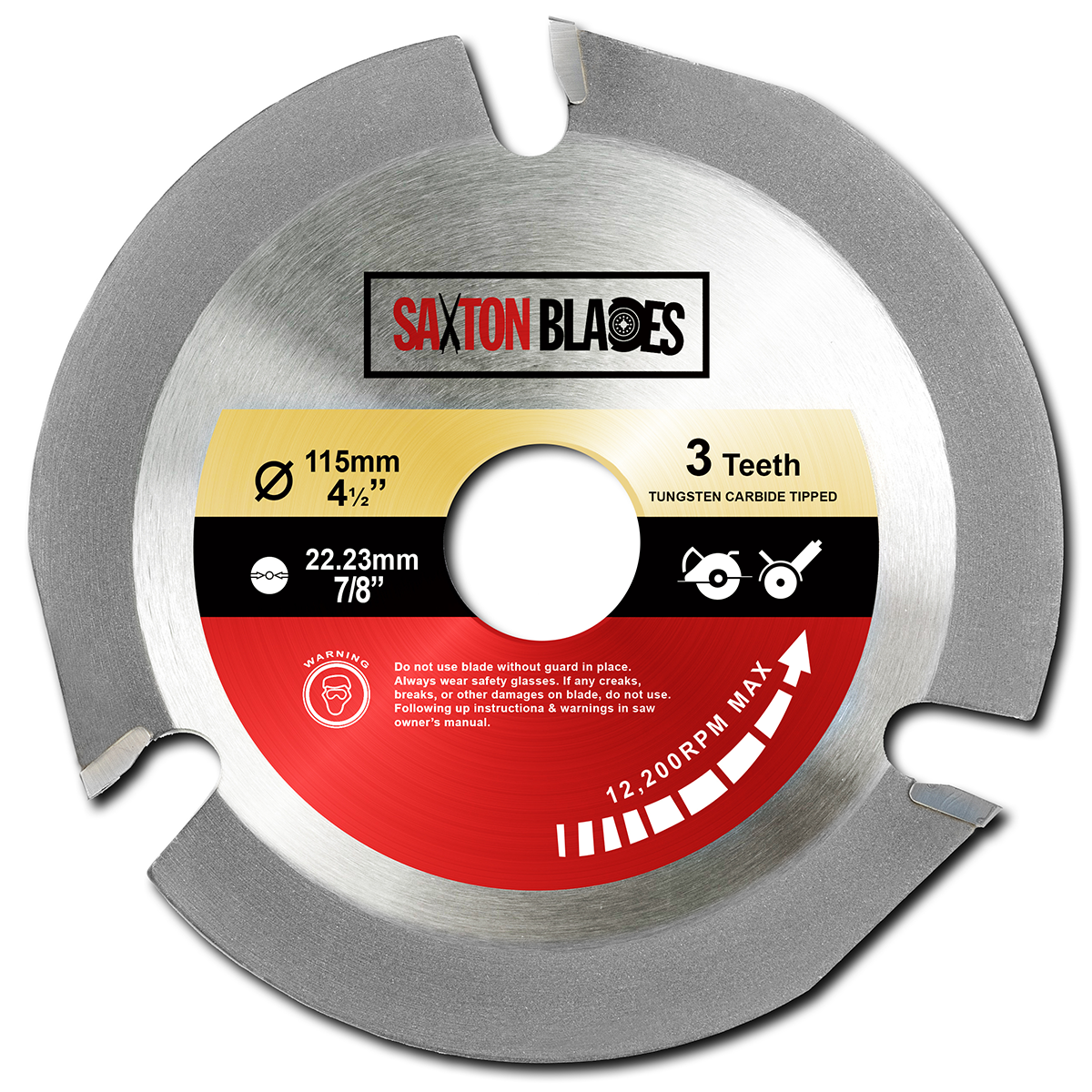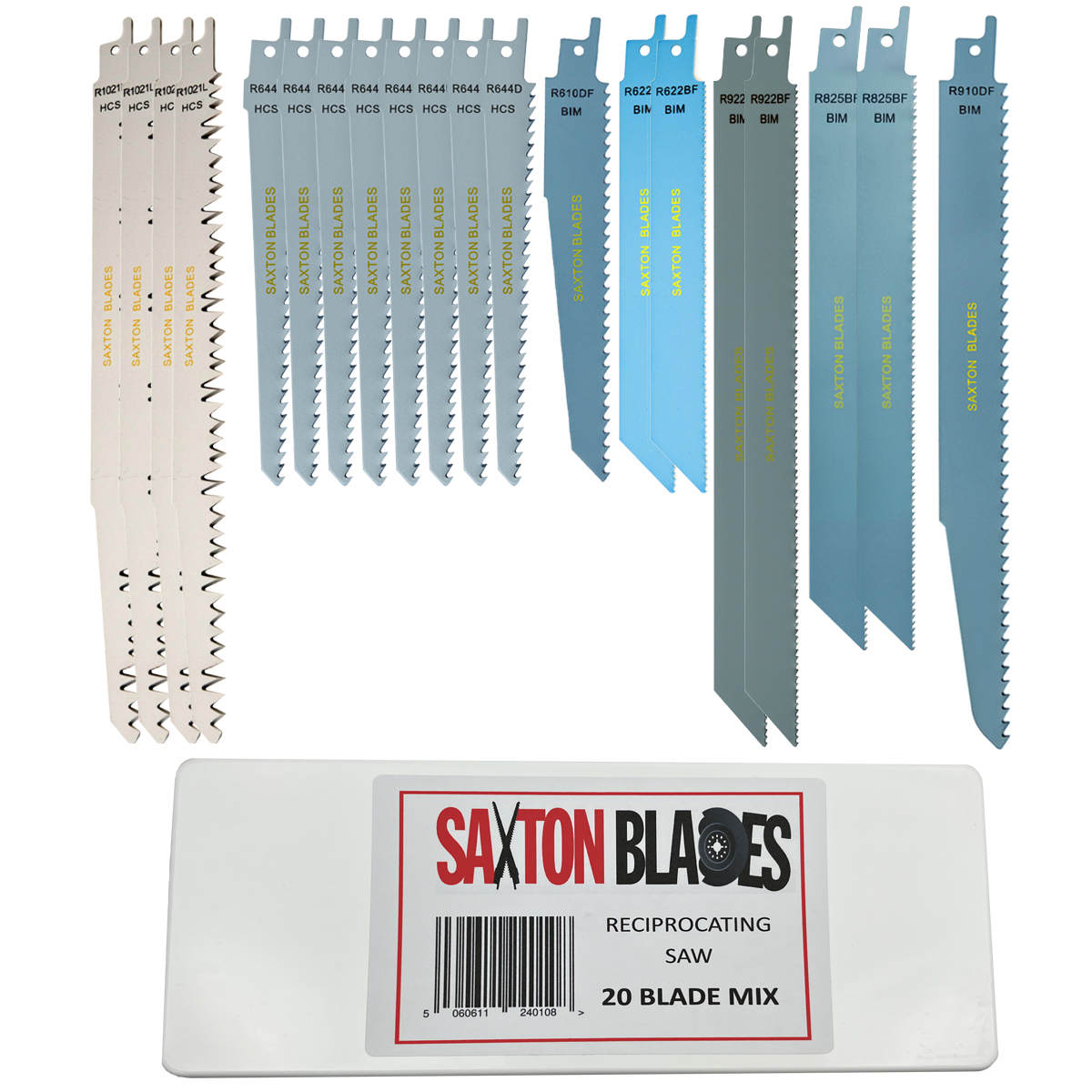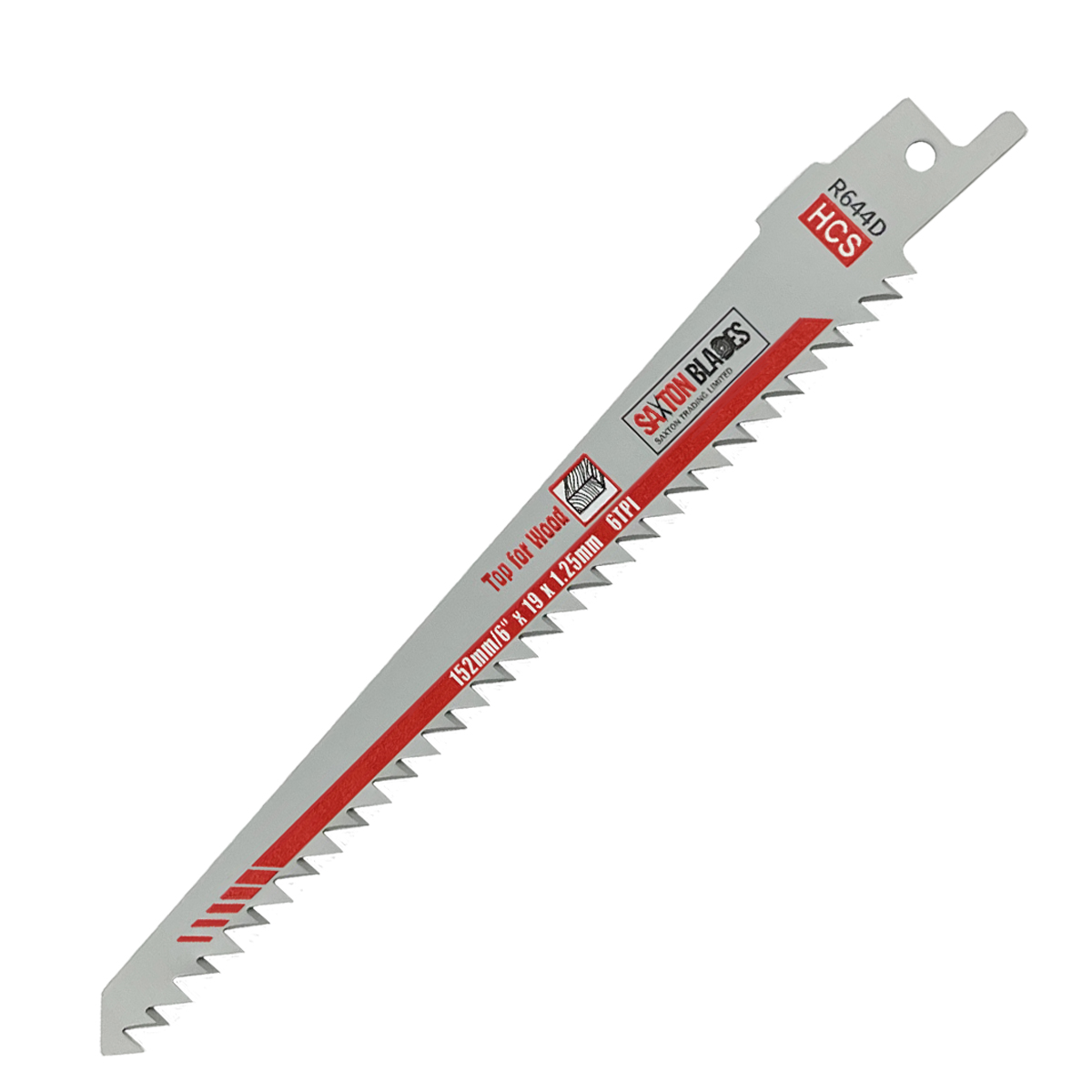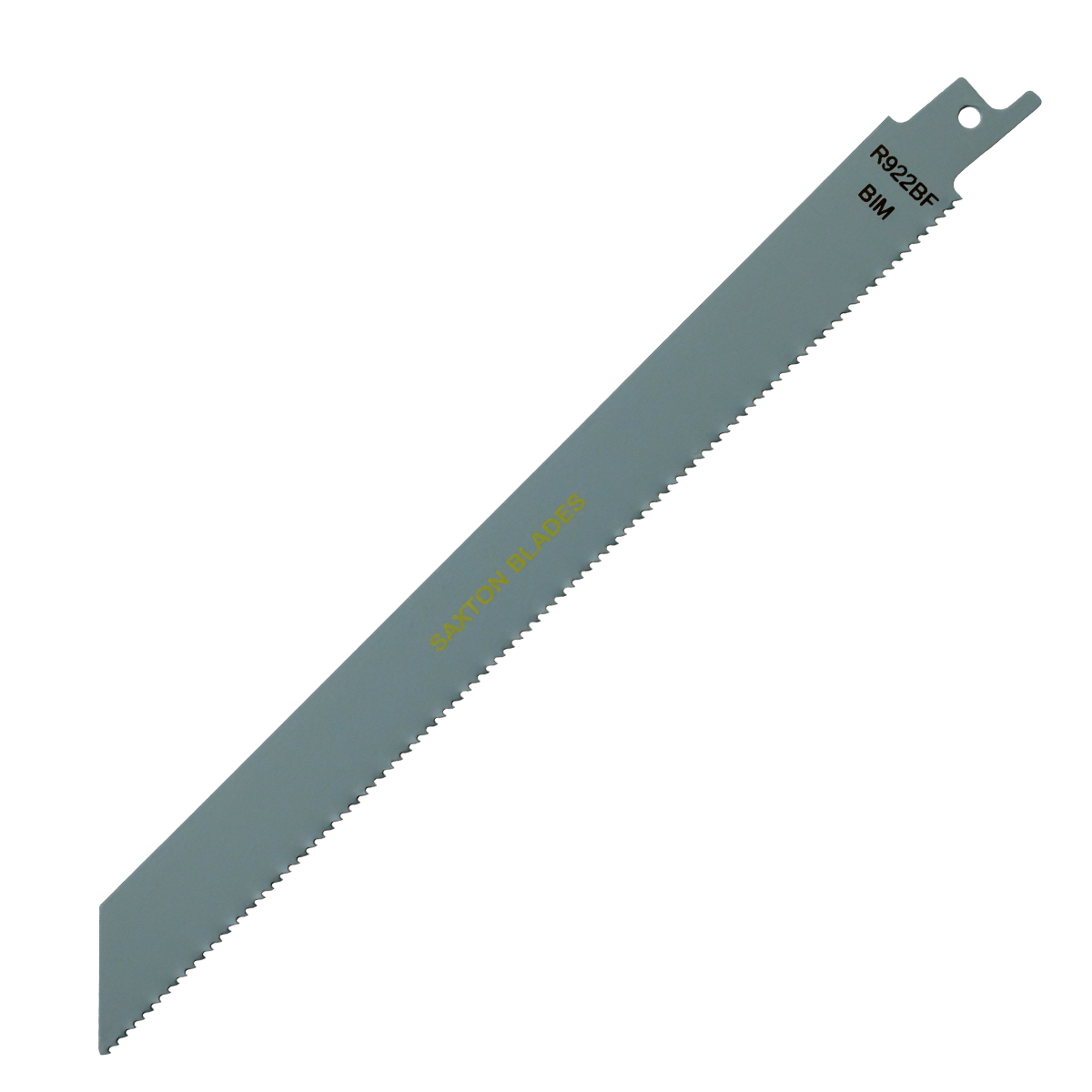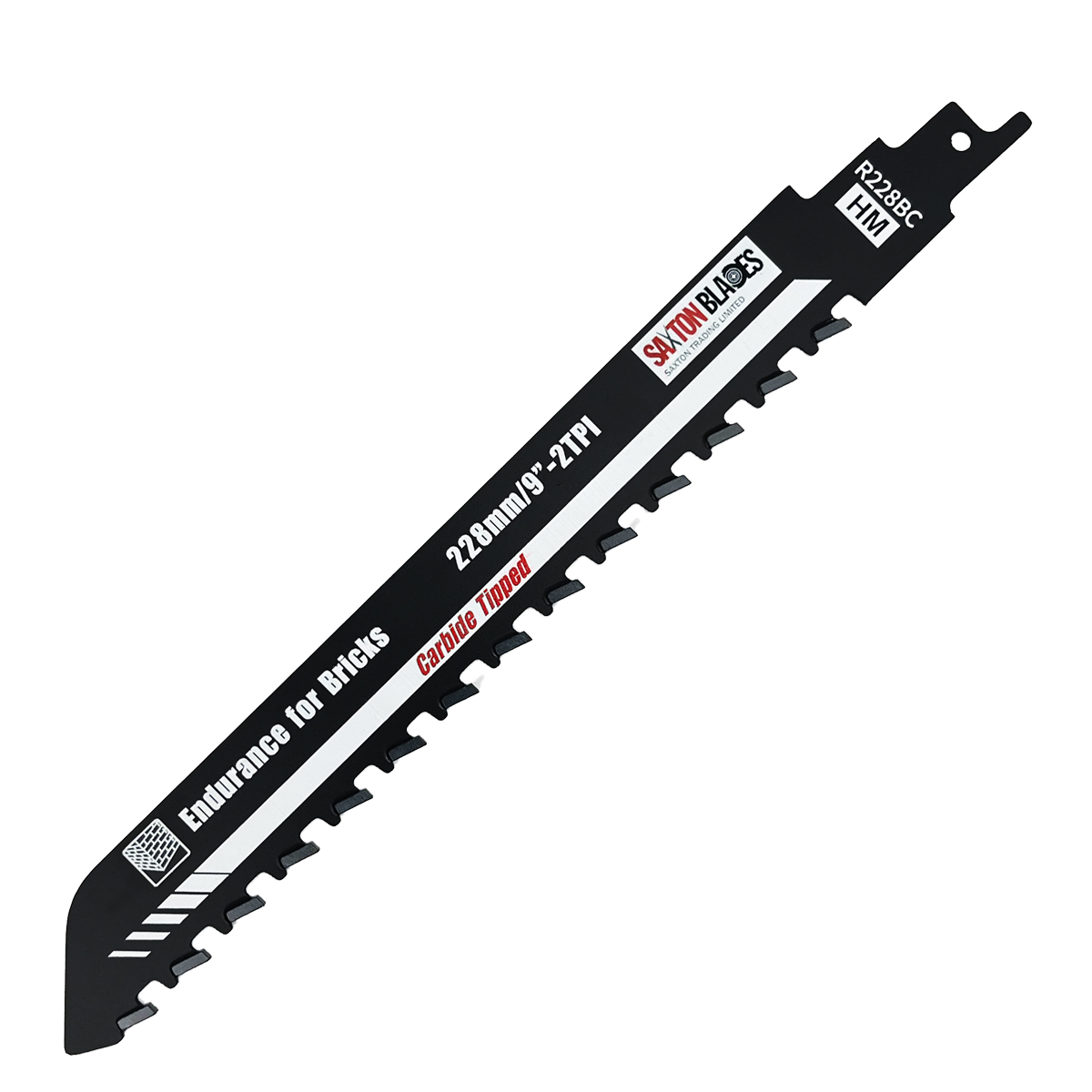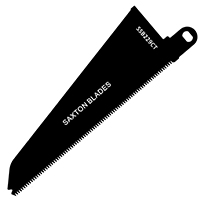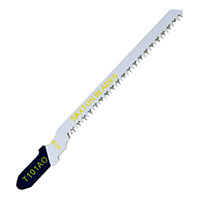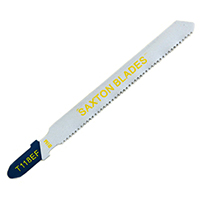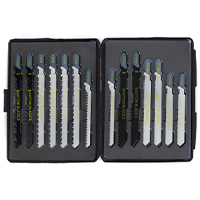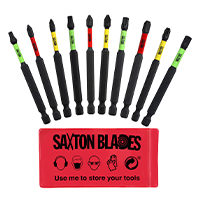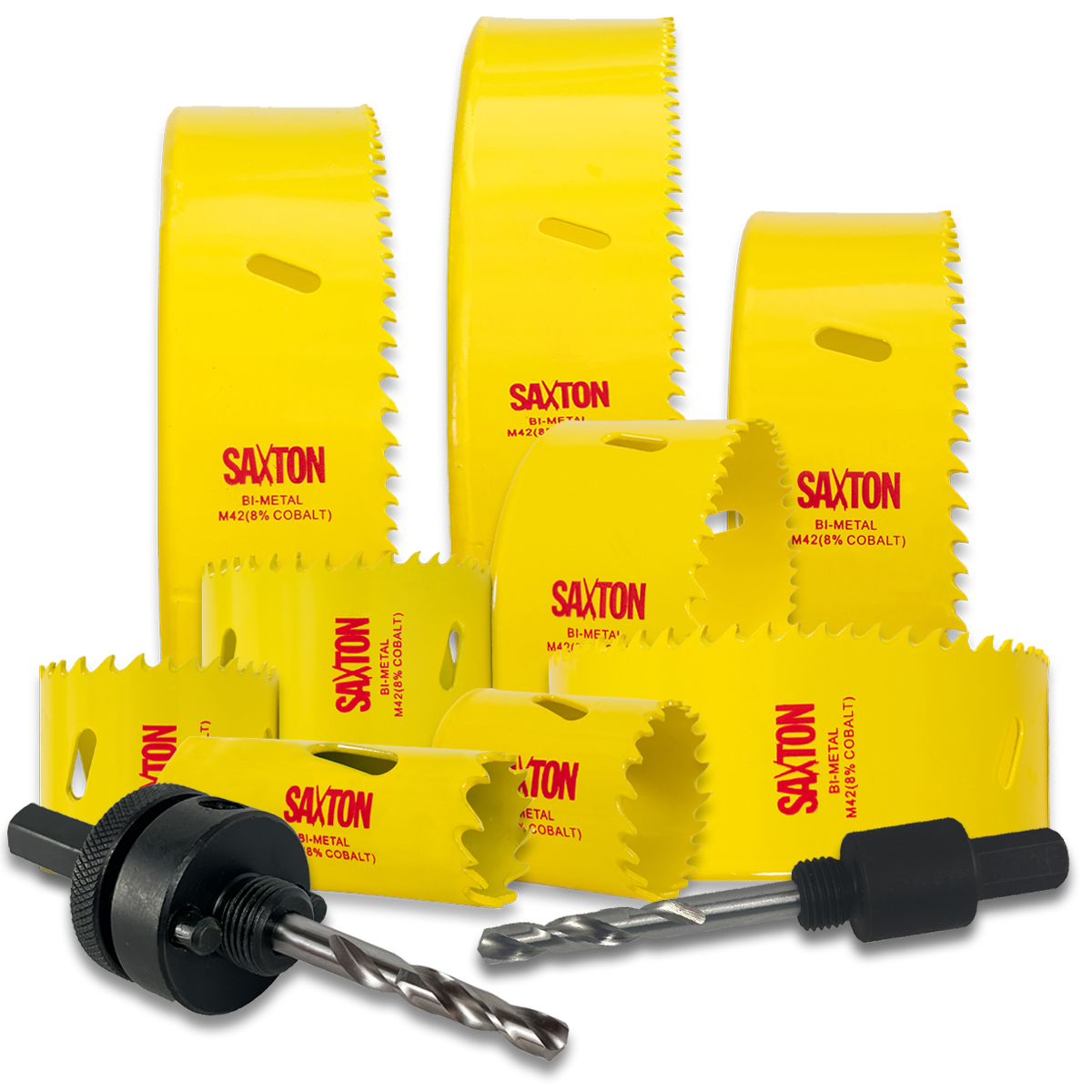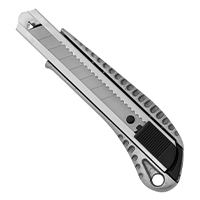With a wide range of power saw types on the market, finding the right one for your toolbox can be overwhelming. Whether you are looking to upgrade your older model, add an extra one to your kit or embark on a whole new DIY project, this guide will go through some of the most popular power saw types and explain differences, specialisms, ease of use & more.
What we will cover:
Different types of power saws
Material & Types of Cut
What blades to choose
Corded Vs Cordless
Different Types Of Power Saws
Circular Saw
If you’re in search of the ideal electric saw for cutting wood, look no further than the TCT circular saw. This versatile tool offers multiple cutting options, allowing you to use it freehand, with a parallel fence, or mounted on a saw table. Equipped with a variety of TCT saw blades, you’ll have no trouble tackling different thicknesses and types of wood. Plus, opting for a larger blade enhances your versatility even further.
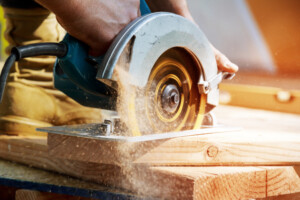
Take a look at our TCT circular saw blades to pair with a circular saw power tool.
Jobs you might use a circular saw for:
- Cutting across large pieces of wood and sheet materials
- MDF doors, shelves, laminate flooring, worktops and decking
- Making slots, grooves and shallow cuts.
Among the sea of options, certain brands consistently rise to the top for their exceptional quality, performance, and innovation. Lets delve into four leading brands – Milwaukee, DeWalt, Bosch, and Ryobi – and explore what sets their circular saws apart. From durability and power to precision engineering and user-friendly design, each brand brings its unique strengths to the table, ensuring that professionals and DIY enthusiasts alike can find the perfect tool for their needs. Let’s dive in and discover what makes these brands the top choices in the world of circular saws.
Milwaukee Circular Saws:
- Durability: Built tough for job site conditions with high-quality materials.
- Power: Known for powerful motors that cut through materials efficiently.
- Precision: Engineered for accurate cuts, ensuring professional results.
- Innovation: Features cutting-edge technologies for improved performance.
- Ergonomics: Designed for comfort and reduced fatigue during prolonged use.
- Warranty and Support: Excellent coverage and customer support for peace of mind.
Dewalt Circular Saws:
- Durability: Constructed with high-quality materials for long-term use.
- Power: Powerful motors for efficient cutting through various materials.
- Precision: Engineered components ensure accurate and consistent cuts.
- Innovation: Innovative features enhance performance and user experience.
- Ergonomics: Designed for comfort and reduced fatigue during use.
- Warranty and Support: Reliable coverage and customer support for assurance.
Bosch Circular Saws:
- Engineering Excellence: Precision engineering for optimal performance.
- Cutting Accuracy: Praised for accurate cuts with advanced features.
- Durability: Rugged construction ensures longevity in tough environments.
- Innovation: Introduces cutting-edge technologies for improved performance.
- Versatility: Capable of handling various cutting tasks with ease.
- User-Friendly Design: Ergonomic and intuitive for comfortable use.
- Warranty and Support: Reliable coverage and support for long-term reliability.
Ryobi Circular Saws:
- Affordability: Budget-friendly options accessible to a wide range of users.
- Cordless Options: Provides convenience with cord-free operation.
- Expandable System: Interchangeable batteries between tools for convenience.
- Ease of Use: User-friendly features for both novice and experienced users.
- Lightweight Design: Portable and manoeuvrable, especially in tight spaces.
- DIY-Focused Features: Tailored for DIY projects with helpful additions.
- Warranty and Support: Decent coverage and support for peace of mind.
Each brand offers its strengths and advantages, catering to different needs and preferences.
Jigsaw
For intricate and precise cuts, the jigsaw power tool is your go-to option. Its ultra-thin yet durable blade effortlessly cuts through various materials, enabling you to follow curved lines and intricate designs with accuracy. Unlike circular saws, jigsaws can start cutting from anywhere along the material, even through drill holes. Using a fence as a guide ensures long, straight cuts. Opting for a slower cutting speed and a wider blade minimises binding, especially for straight cuts. Advanced jigsaws feature orbital cutting action for quick rough cuts, while many models offer a pivoting base for angled cuts, perfect for creating joints.
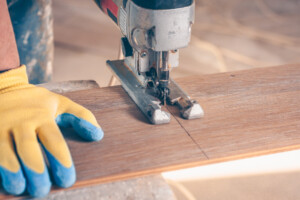
Take a look at our range of Jigsaw blades to fit a wide range of Jigsaw power tools.
Jobs you might use a jigsaw for:
- Awkward shapes in sheet materials and tiles
- Cutting shelves, worktops, skirting boards or laminate flooring
- Making your jigsaw puzzle and wooden toys
Identifying the top jigsaw power tool brands can be subjective, influenced by factors like user preferences, budget, and specific needs. However, based on reputation, quality, and popularity, two brands consistently stand out:
Bosch: Renowned for precision engineering and high-quality power tools, including jigsaws. Bosch jigsaws are lauded for their cutting accuracy, durability, and innovative features like variable speed control, tool-less blade changing systems, and ergonomic designs.
DeWalt: A trusted name in the power tool industry, offering a wide range of professional-grade tools, including jigsaws. DeWalt’s jigsaws are prized for their robust construction, powerful performance, and user-friendly features such as adjustable orbital action, dust management systems, and easy blade changes.
Reciprocating Saw
For tasks demanding more robust cutting than what a jigsaw can handle, a reciprocating saw is the optimal choice. Its oscillating cutting action excels at tackling tough materials aggressively. The back-and-forth motion ensures swift cuts, even on the most challenging surfaces. As you have to use both hands when using this saw, it’s ideal for overhead or vertical cutting, surpassing other saws in certain applications.

Reciprocating Saws are not known for their intricate work, they are better for demolition jobs or making precuts.
Jobs best for a reciprocating saw:
- Demolition work, removing old windows, bathroom renovations
- Fence posts, decking boards, stud partitioning
- Wood embedded with nails
Like jigsaw power tools, the top brands for reciprocating saws vary based on reputation, quality, and user preferences. However, two brands consistently stand out:
Milwaukee: Known for durable and high-performance power tools, including reciprocating saws. Milwaukee’s saws feature powerful motors, durability, and innovative features like anti-vibration technology and tool-less blade changing systems.
DeWalt: A trusted name in the power tool industry, offering professional-grade tools, including reciprocating saws. DeWalt’s saws are rugged, powerful, and user-friendly, with features such as variable speed control and keyless blade changes.
Both Milwaukee and DeWalt are leaders in the reciprocating saw market, providing professionals and DIY enthusiasts with reliable tools. Your choice between them depends on your specific needs, preferences, and budget.
Mitre Saw
A mitre saw operates similarly to a circular saw but with a large pivoting head, lowered onto the workpiece via a spring-loaded hinge. Its base plate includes an adjustable fence for precise angled cuts. Compound mitre saws allow bevel cuts by tilting the head, enabling complex joint work like skirting and MDF. Additional features include a laser guide and dust extraction, enhancing cut line visibility and overall cut quality.
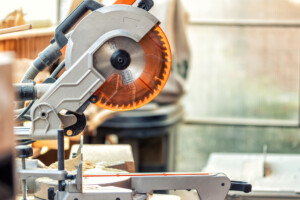
Jobs you might use a mitre saw for:
- Angled cuts when laying floor, perfect for tiles, laminate wood floors etc
- Repeatable cuts, allowing you to streamline cutting by making cuts of the same length across multiple pieces
- Complicated skirting joints
DeWalt and Bosch are top brands for mitre saws, known for their quality, performance, and innovation.
DeWalt: Renowned for its professional-grade power tools, DeWalt mitre saws boast accuracy, durability, and versatility. Features include sliding arms for increased cutting capacity, precise mitre and bevel adjustments, and efficient dust collection systems.
Bosch: Another leader in the power tool industry, Bosch offers mitre saws praised for cutting precision, reliability, and user-friendly features. Advanced options include dual bevel capabilities, laser guidance systems, and compact designs for portability.
Both brands cater to professionals and serious DIY enthusiasts, offering high-quality options. Consider your cutting requirements, budget, and desired features when choosing between DeWalt and Bosch for your mitre saw needs.
Material and Type of Cut
When selecting your power tool, it’s crucial to consider the materials you’ll be working with and the desired type of cut. This consideration ensures you choose the most suitable tool for the job. Explore our comparisons of popular materials and how each tool performs to make an informed decision.
Wood, MDF & Plywood cuts
| Cut | Jigsaw | Reciprocating | Circular | Mitre |
| Straight Line | ✔️ Good | ⭕ Fair | ✅ Excellent | ⭕ Fair |
| Shape | ✅ Excellent | ✔️ Good | ❌ Not Possible | ❌ Not Possible |
| Cross Cut | ⭕ Fair | ⭕ Fair | ✔️ Good | ✅ Excellent |
| Bevel Cut | Some Jigsaws | ❌ Poor | Some Circulars | ✅ Excellent |
Metals
| Cut | Jigsaw | Reciprocating | Circular | Mitre |
| Straight Line | ✔️ Good | ✔️ Good | ❌ Not Possible | ❌ Poor |
| Shape | ✔️ Good | ✔️ Good | ❌ Not Possible | ❌ Not Possible |
| Piping | ⭕ Fair | ⭕ Fair | ❌ Not Possible | Some Mitres |
Plastics
| Cuts | Jigsaw | Reciprocating | Circular | Mitre |
| Straight Line | ✔️ Good | ✅ Excellent | ⭕ Fair | ❌ Poor |
| Shape | ✔️ Good | ✔️ Good | ❌ Not Possible | ❌ Not Possible |
| Piping | ✔️ Good | ⭕ Fair | ❌ Poor | ❌ Poor |
Aluminium
| Cuts | Jigsaw | Reciprocating | Circular | Mitre |
| Straight Line | ✔️ Good | ✔️ Good | ⭕ Not Recommended | ⭕ Not Recommended |
| Shape | ✔️ Good | ⭕ Fair | ❌ Not Possible | ❌ Not Possible |
| Pipe | ✔️ Good | ✔️ Good | ⭕ Not Recommended | ⭕ Not Recommended |
Choosing Different Saw Blades
Another big impact of choosing the right power tool is choosing the right blade. This may also seem very daunting but it is quite straightforward. For each saw, you need to consider factors like what material you are trying to cut, the thickness of said material and the finish you would like. This will then give you a more refined search when looking at diameters or lengths of blades, the amount of teeth and also the bore size.
For more information regarding the correct blades to choose, check out our blog What Saw Blade To Use For Each Job
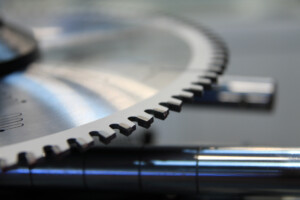
Corded Vs Cordless Power Saw Type
Choosing between a corded or cordless power tool can significantly impact your project outcomes. With a variety of corded and lithium-ion battery-powered tools available, there’s ample room for personal preference.
Corded tools typically come with short cords, posing safety risks with trailing cables. In contrast, cordless options eliminate this hazard and offer greater flexibility in project locations, whether in your home, attic, shed, or garden.
When cutting, cordless tools provide easier manoeuvrability without trailing cables, potentially leading to more precise cuts. However, initial start-up costs for battery tools may deter some due to the additional expense of batteries and chargers. Yet, the investment can be justified by the convenience of interchangeable battery systems.
For longer DIY projects, corded tools offer uninterrupted operation, making them suitable for stationary saws like mitre saws. Ultimately, the choice between corded and cordless depends on your budget, project requirements, and preference for mobility.

